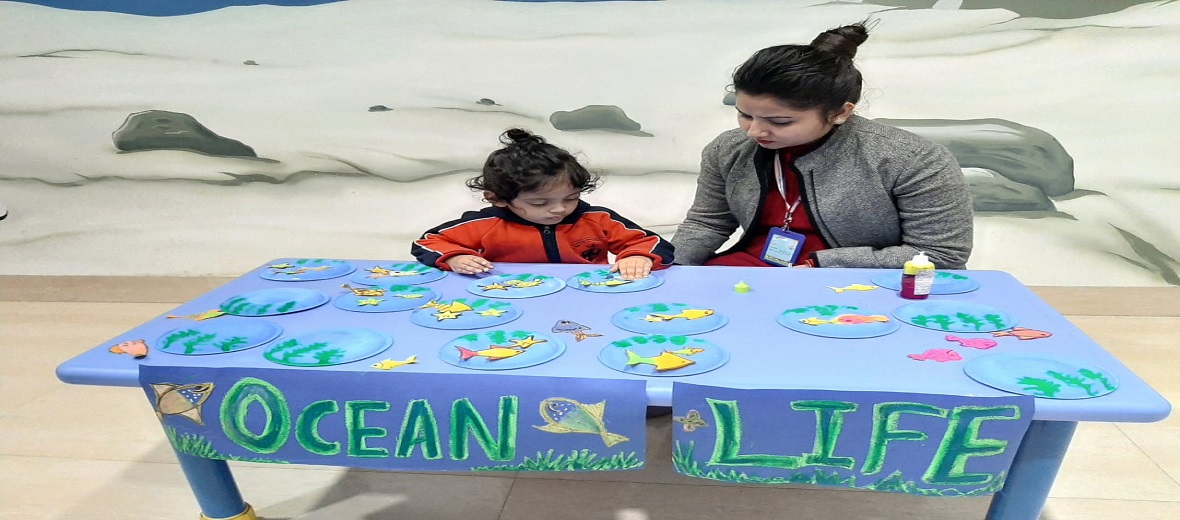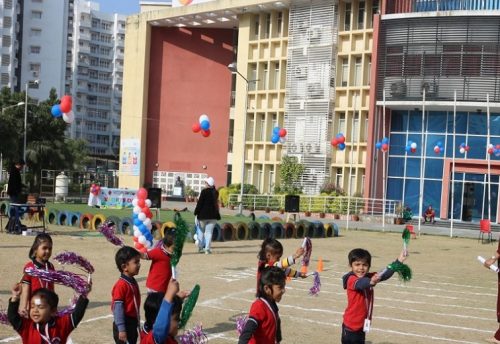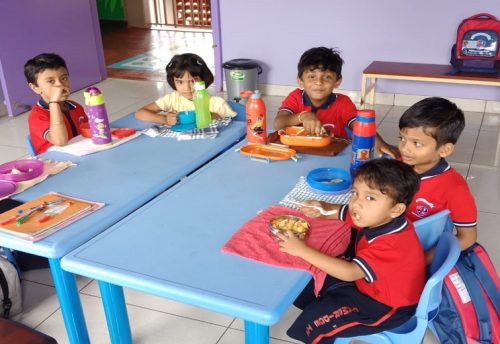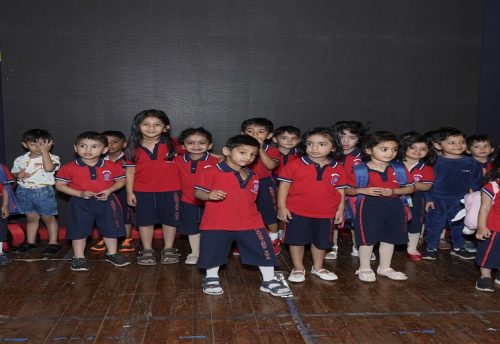
The Role of Early Childhood Education in Closing the Achievement Gap
The achievement gap refers to the differences in academic performance between students of different racial, ethnic, and socioeconomic backgrounds. Early childhood education plays a crucial role in closing the achievement gap by providing children from disadvantaged backgrounds with the skills and resources they need to succeed in school and beyond. Here are some ways early childhood education can help close the achievement gap:
- Develop foundational skills: Early childhood education programs can help children develop foundational skills such as language, literacy, and numeracy, which are essential for academic success.
- Address social-emotional needs: Early childhood education programs can also help address the social-emotional needs of children from disadvantaged backgrounds, which can impact their ability to learn. These programs can provide children with a safe and nurturing environment where they can build positive relationships with adults and peers and learn how to regulate their emotions.
- Address health and nutrition needs: Early childhood education programs can also address health and nutrition needs, which can impact a child’s ability to learn. Programs that provide nutritious meals and promote physical activity can help children stay healthy and alert in the classroom.
- Provide opportunities for parent involvement: Early childhood education programs can also provide opportunities for parent involvement, which can help parents support their child’s learning at home. Programs that offer parent-teacher conferences, family events, and workshops can help parents learn about their child’s progress and how to support their child’s academic and social-emotional development.
- Address language barriers: Early childhood education programs can also help address language barriers that can impact a child’s ability to learn. Programs that provide bilingual instruction or language support services can help children whose first language is not English develop the language skills they need to succeed in school.
In summary, early childhood education can play a critical role in closing the achievement gap by providing children from disadvantaged backgrounds with the skills and resources they need to succeed in school and beyond. Early childhood education programs can help develop foundational skills, address social-emotional and health needs, provide opportunities for parent involvement, and address language barriers. By doing so, they can help level the playing field and ensure that all children have an equal opportunity to succeed.
Are You Searching For Early childhood eduction?




